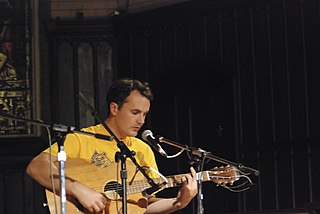A Quote by Neil deGrasse Tyson
The show [ StarTalk ] was born as a radio program out of a National Science Foundation grant.
Related Quotes
That the north star is the brightest in the night sky. I'd guess about 9 out of 10 people think this. But it does not require a grant from the National Science Foundation to learn the answer. The North Star is not even in the top 40 in the night sky. It's the 49th brightest star. Rather dull and boring by most measures.
I don't require that the main guest [of StarTalk] have any science knowledge or background at all. It's just, I have a conversation with them, it's long and winding, and we find out what parts of what we learn about the person lend themselves to further scientific discussion with an expert who is brought into the studio. So that's how that comes together.
Overall, I have formed three major organizations: the National Association of Business Women, the Young Women's Leaders Network, and the Joyce Banda Foundation. Under the foundation, we have a huge program that targets women to teach them about HIV and other diseases and to give them economic empowerment.
When I got to MIT, I discovered a really interesting Master's program called the Science and Technology and Policy Program - it taught people with a background in STEM how to think about science and tech from a policy perspective. It was a great way to understand how to communicate science to a policymaker or a layperson.
Early in my career, when I was still learning about politics, when I was wet behind the ears and naive... Up until the time I started radio show, nobody that knew me ever thought I was a hatemonger or a racist or homophobic or sexist or bigoted or any of that. Nobody. There wasn't anybody. Six months after being on the radio with this program, I'd become all of that. And I remember.

































